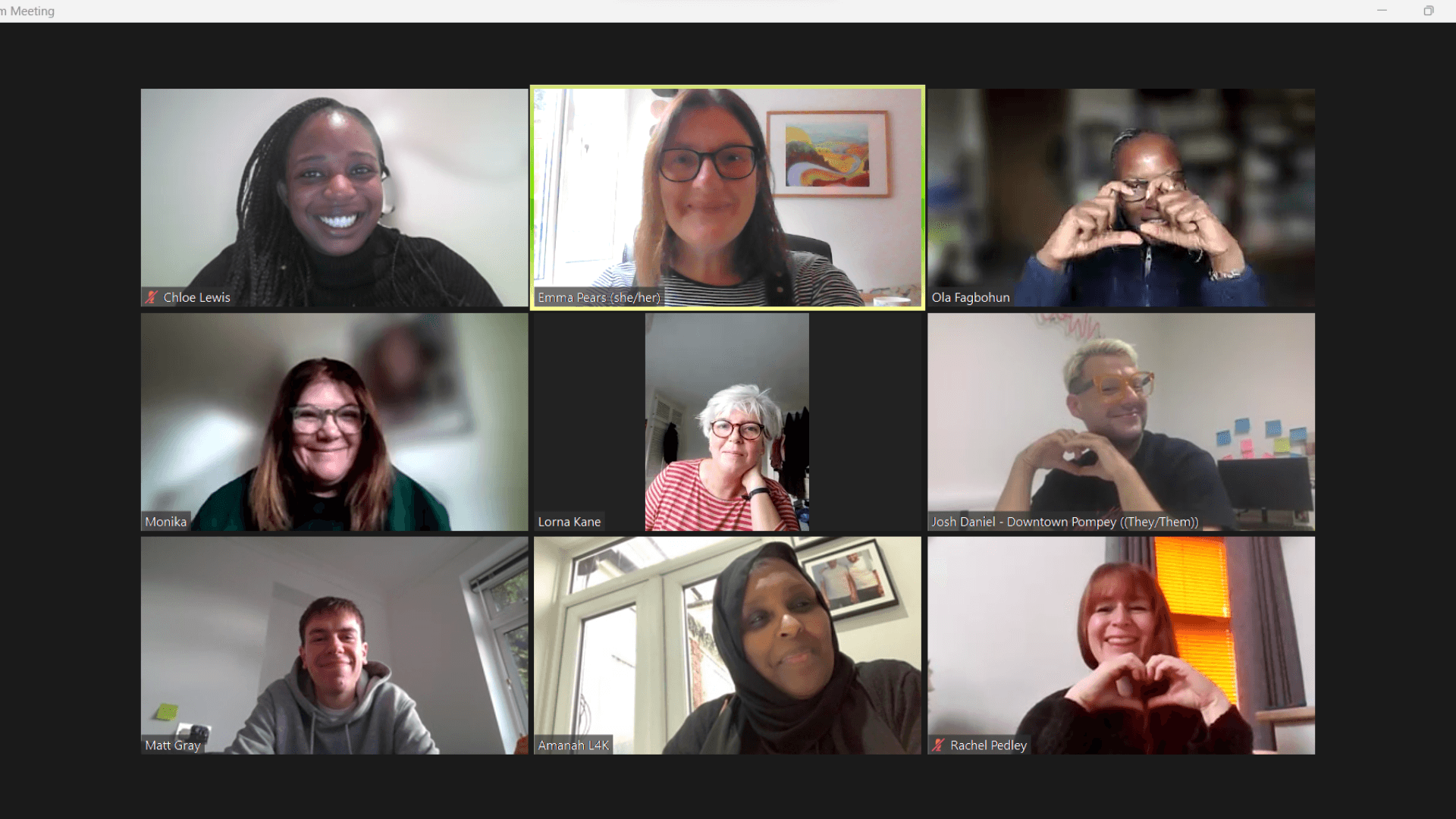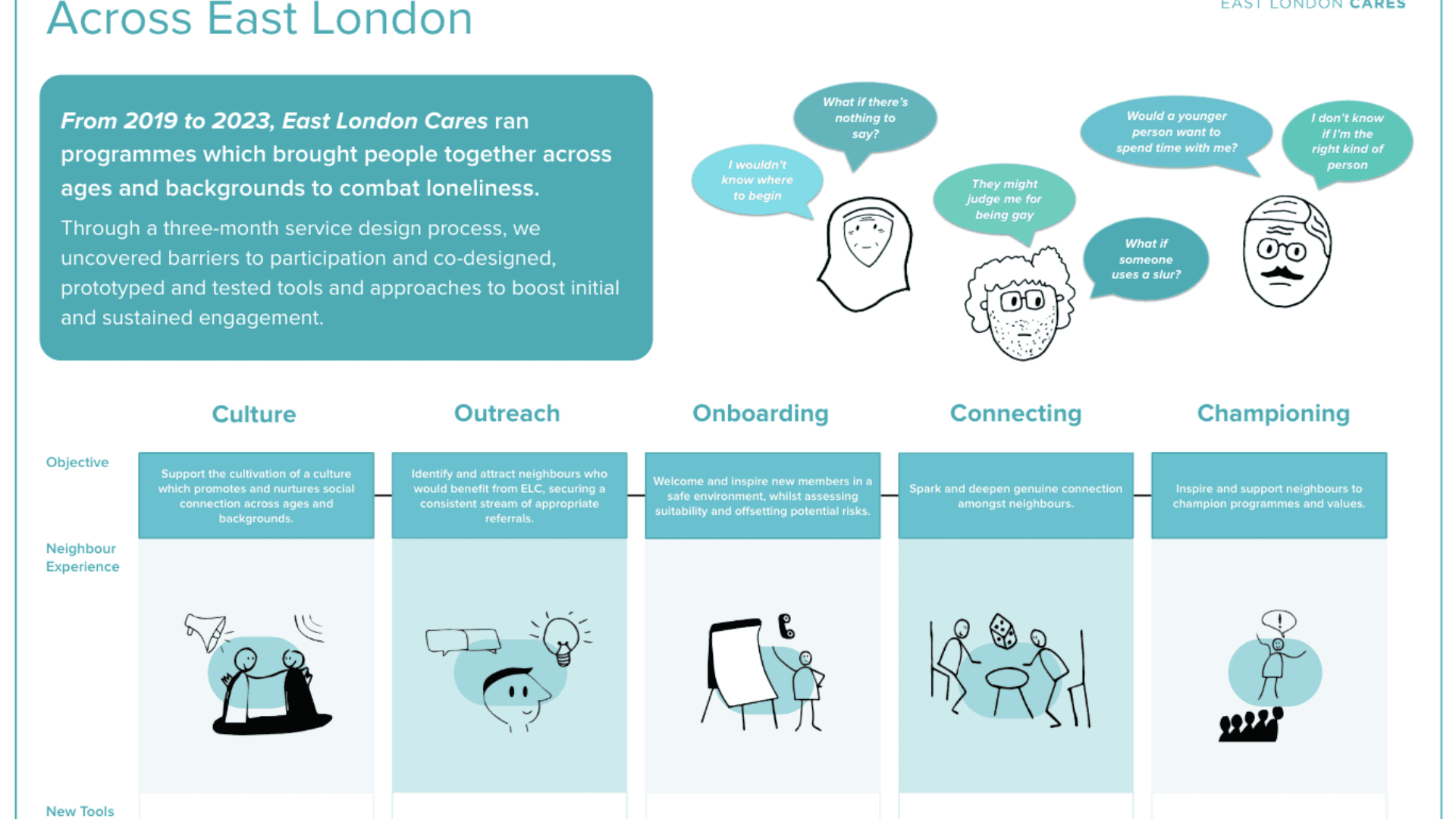
The cost of living crisis – what it means for our loneliness epidemic, and what we’re doing about it
Posted by The Cares Family on 6th September 2022
Please note: this post is 31 months old and The Cares Family is no longer operational. This post is shared for information only
The cost of living crisis will plunge the UK further into a loneliness epidemic. With millions of people without spare income to spend on social interaction – particularly over the winter when household bills are expected to rise the most sharply – many are at risk of falling into even deeper isolation, loneliness and disconnection from their communities.
36% of people in the UK already say they feel lonelier than they did before the pandemic. We now know that 62% of the UK population are worried that the rising cost of living will meaningfully impact their social life this winter, according to a new poll conducted by Opinium for The Cares Family.
This is a huge concern. People who experience social isolation are significantly less resilient and able to adapt during times of crisis and severe loneliness can increase the risk of early mortality by up to 50%. Loneliness can also lead to strokes, heart attacks, depression, dementia and other mental and physical health issues.
That’s why at The Cares Family we are doing everything we can to help make sure no one is left behind.
62% of the UK population are worried that the rising cost of living will meaningfully impact their social life this winter.
This coming winter, we will adapt our programmes to respond to this crisis. We will:
- Extend the hours of 200 intergenerational social clubs in London, Manchester and Liverpool, increasing some clubs from two hours to four, and host clubs at regular times and consistent locations – so that people have access to regular, warm and affordable ways to connect;
- Offer more substantial, free refreshments than we currently do at our social clubs and partner with food banks to offer food vouchers for those who need extra support;
- Host outreach coffee mornings and other events, where we will work with community partners to share advice about staying warm and well, and to ensure that older people in particular can access any benefits they may be eligible for;
- Partner with local food charities to offer new, practical experiences for older and younger neighbours – such as cooking demos and low-cost recipe swap clubs;
- Distribute warm items of clothing to our neighbours – such as coats, jumpers, warm socks and blankets, building on our Winter Wellbeing projects;
- Send a monthly email to our older neighbours that shares details of local community events, activities and other useful services in the community;
- Keep all our activities completely free for the people who are part of them.


